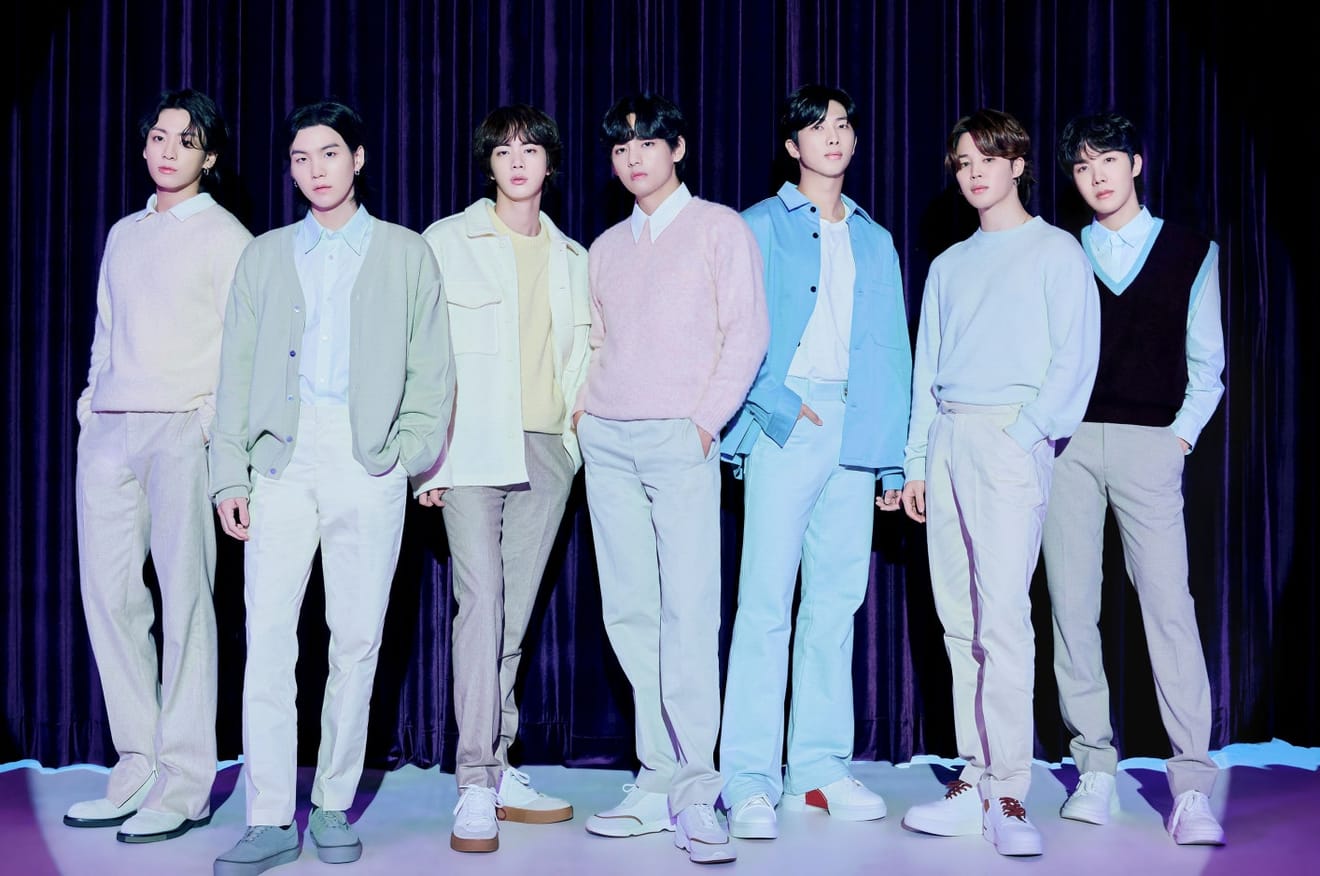Subject
- #K-Content
- #Concert
- #Music Streaming Market
- #Performance
- #K-POP
Created: 2024-05-09
Created: 2024-05-09 19:16

BTS

Blackpink
K-POP, including BTS and Blackpink, is gaining immense popularity worldwide.
Everyone knows that countless Korean popular music artists have strived for global expansion before the current success of BTS.
While many people recognize the year 1992, with the emergence of Seo Taiji and Boys, as a pivotal point in Korean popular music,
the advent of MP3 players and online music streaming services arguably holds even greater significance.
In the early 2000s, many popular music artists urged the public to refrain from listening to MP3s and instead purchase physical albums.
However, the public embraced MP3s, and the subsequent launch of online music streaming sites further accelerated this trend.
At the time, the Korean music market was valued at 500 billion won, with the album and music streaming markets being of similar size. However, the revenue that creators received from albums and music streaming differed significantly.
This had a substantial impact on the finances of many musicians, making their plea for people to purchase albums a valid and necessary one.
Despite this, the public continued to gravitate towards music streaming, forcing musicians to explore alternative avenues for survival.
These avenues were concerts and international market expansion.
In the early 2000s, a significant issue within K-POP was 'lip-syncing'.
Many singers engaged in lip-syncing at the time, leading the public to question why singers were not prioritizing their vocal abilities. The public felt they should be focusing on singing talent, not lip-syncing.
This was partly due to the emphasis on elaborate stage performances on television and the limited opportunities for the public to hear singers perform live. As a result, many singers focused more on their performances.
However, with the shift to the music streaming market and the ensuing crisis, singers began holding concerts.
These concerts also form the foundation of today's strong fan culture.
Furthermore, to increase music streaming, songs began to feature more impactful introductions.
They employed somewhat repetitive rhythms to encourage repeated listening and removed interludes to entice listeners to hear the song through to the end.
The emergence of MP3 players and online music platforms has transformed the landscape of music culture.
With the rise of concerts, Korean singers were compelled to emphasize not only their exceptional stage presence but also their live singing abilities. This emphasis on live vocal performance has contributed to the global recognition of Korean singers as talented and skilled musicians.
In the early 2000s, SM Entertainment began targeting the Japanese market, marking the initial stages of the Korean Wave (Hallyu) originating from Japan.
Subsequently, JYP Entertainment's attempts to break into the US market are well-known among many K-POP fans.
Numerous singers ventured into the Japanese and American markets, encountering significant setbacks along the way.

Korea Economic Daily Article
However, these cumulative efforts paved the way for the birth of Psy's 'Gangnam Style' in 2012.
In fact, Psy is a global star born from YouTube.
The long-standing efforts of singers to penetrate international markets, coupled with the widespread adoption of YouTube, have contributed to the global recognition of K-POP as a leading cultural force.
Comments0